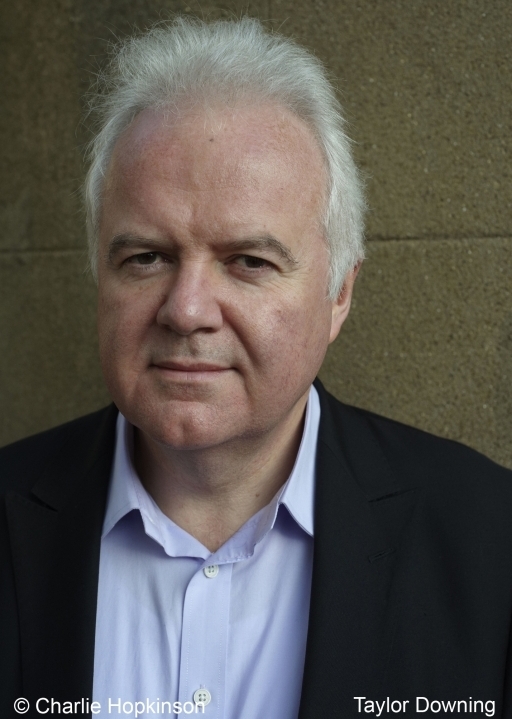Centenary News’ Books Editor, Eleanor Baggley, speaks to author Taylor Downing about his latest publication, Breakdown.
Taylor Downing’s new book Breakdown, published last week, tells the relatively unknown story of shell shock on the Somme, following units and individuals from sign-up in 1914 to their experiences in one of the First World War’s most horrific battles.
Those who are familiar with Downing’s previous book, Secret Warriors, will know that he is no stranger to researching elements of the war that have been unexplored. With Breakdown he wanted to ‘drill deeper’ into the subject, ‘particularly into the received wisdom about shell shock that the doctors are the only ones who wrote about it – this isn’t true, I discovered lots of first-hand accounts that give a very vivid and direct sense of what shell shock is all about’.
Shell shock became an epidemic at the Somme and it was very much a military issue – commanders worried that ‘the entire fighting ability of the British Army would be destroyed’. Lots of research has been done into the psychology of shell shock, but there is a gap in the military history considering it had such a significant impact on the strength of the British Army. It is this gap that Downing is aiming to plug.
‘I was really excited about finding first hand material, which people told me I wouldn’t find.’
Downing researched this book using letters, diaries and journals found in the Imperial War Museum, regimental museums and the Wellcome Institute.
These first-hand accounts are really important and ‘also break some of the stereotypes that we have. Our view of Craiglockhart Shell Shock Hospital, for example, very much comes from the writing of Siegfried Sassoon, but when you read other people’s accounts they have very different perspectives on what it was like there.
Humiliation
Downing focuses on the experiences of particular units and battalions in Breakdown, including the 11th Borders, The Lonsdales from Cumbria. I asked why he focused on that unit out of all the experiences available:
‘I’d come across The Lonsdales’s story in researching Secret Warriors. I just wanted to know more about that story. I was delighted to find that there is a great deal of information around the battalion. They became a bit notorious because of their public humiliation in July 1916 after the failure of the second over the top.
The story of The Lonsdales it at the heart of Breakdown; it epitomises exactly the story I wanted to tell. The unit that suffered the highest casualty rates on 1st July are actually put down and humiliated in front of their peers. Then Kirkwood, the MO, who clearly had an interest in shell shock, was publicly disgraced for being too sympathetic.’
Change
Downing outlines in Breakdown what he believes to be the most significant outcomes of the debate around shell shock and its treatment. I asked whether he felt these changes would have come about without the impetus of the First World War and he believes that yes, those changes would have come, but:
‘The war offers an enormous opportunity for change and development; it accelerates the process of change. The only positive thing to take away from this rather sad story is that huge developments in the understanding of mental disease and the approach and the treatment of it did emerge at the end of the First World War.’
Reading Breakdown and immersing myself in the stories of the men who experienced shell shock has changed how I think about the war. I asked Downing whether researching and writing this book had a similar affect on him:
‘It’s made me even more admiring of the suffering that soldiers went through. I’d known through studying the Somme what people went through, but the thought of these traumas, these nightmares, these dreams living on with men for years and years after the war was something I hadn’t really thought about and reflected on. I think it makes me even more astonished about what that generation had to go through.
I go to the Somme regularly and it’s always a moving thing to do. I feel a bit closer to some of the men, partly through reading their letters and diaries, and I feel closer to them for writing this book.’
Secret Warriors and Breakdown are the only two contributions Downing intended to make to the canon of First World War historical writing. He has uncovered forgotten stories and brought to life the experiences of men who lived through one of the bloodiest battles of the entire war, ‘covering the territory [he] really wanted to write about.’ I think we’re very lucky to have Downing’s contributions, both of which add something new to the current First World War conversations.
‘This is the end of the First World War for me.’
Eleanor Baggley’s full review of ‘Breakdown’, published by Little, Brown in April 2016, can be found here in Centenary News.
Images of Taylor Downing: © Charlie Hopkinson
